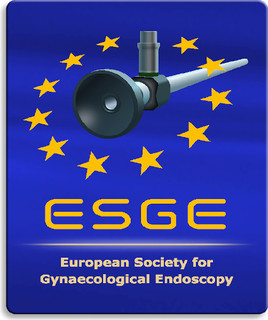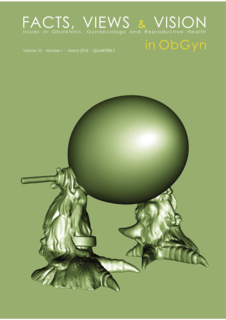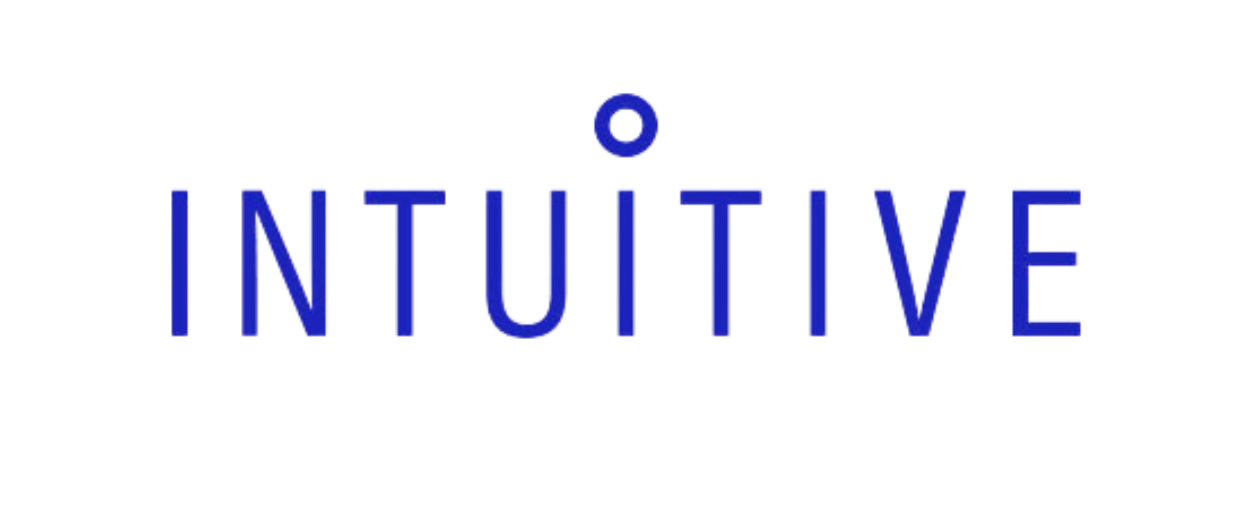Perspective: Towards Personalised Metabolic Coaching in Cancer
Oncology, Energy Expenditure, Indirect Calorimetry, Metabolic Coaching
Published online: May 29 2019
Abstract
Although cancer survivorship has improved over the last decades, numbers of cancer incidence and prevalence are rising. Evidence is growing that lifestyle factors, such as physical activity, a healthy weight management and -diet, play an important role in first- and second line preventive strategies. When implementing a healthy lifestyle, the maintenance of the energy balance should be taken into account. The energy equilibrium is achieved when the energy intake (Ei) for one day is equal to the total daily energy expenditure (TEE). The latter is, among others, made up of the resting energy expenditure, its largest contributor (60-80% of TEE), and can be assessed by indirect calorimetry (i.e. the gold standard). The resting energy expenditure reflects the individual’s minimal caloric need in 24h to support basal functions. In cancer patients, energy imbalances, expressed as a positive (Ei > TEE) or negative (Ei < TEE) energy balance, may occur and are characterised by weight gain or -loss respectively. As a corollary, shifts in fatmass and fatfree mass are reported. Adequate nutritional follow-up is necessary in order to meet the energy needs, since both positive and negative energy balances are known to have deteriorating effects on cancer prognosis and mortality. In the clinical setting, predictive formulas (e.g. Harris-Benedict equation) are often used to estimate the caloric need. However, both under- and overfeeding are reported when using equations. Therefore, we advise to use indirect calorimetry in the standard assessment of a patient’s energy need in order to provide adequate metabolic coaching and -follow up.



